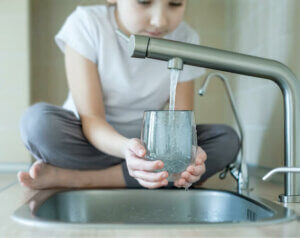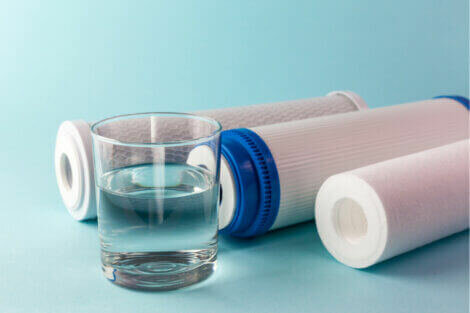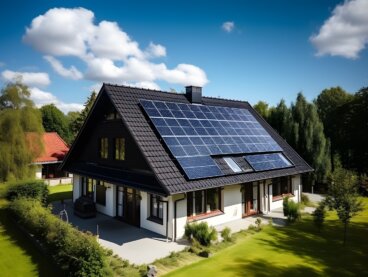A Water Filtration System: Quality and Well-Being

To have good health and well being, you need to consume good quality water. To do this, it’s recommended that you filter your water and eliminate residue through the use of a water filtration system.
Speaking of health, you can’t skimp on ways to protect it. Obviously, you want the best for your family, with a healthy home in perfect condition. Therefore, we’re going to learn about water filtration systems.
You tend to run the water in the kitchen to fill bottles or for example, a glass when you’re thirsty. However, you may not take into account that perhaps it contains particles that could be harmful in the long run.
According to Dr. Kelly A. Reynolds, of the University of Arizona, people tend to store water for hygiene and hydration. Basically, this process can be risky. With that in mind, it’s up to you to begin to change this area of your life.
Benefits of a water filtration system

Water filtration can help you in many ways. One of them, evidently, is a benefit to your personal health.
Another is your food will taste different if it’s used to prepare dishes.
The fact that you have complete confidence in your water will provide well-being and satisfaction. Often, it’s worth an investment of this type for the end result.
It helps us to improve our health.
Main features of a water filtration system
The features of a water filtration system are essential to convince you of its performance. You should expect the best results and at the same time, quality for daily consumption.
1.The public system, a well, or spring don’t guarantee water quality. A water filtration system can filter out certain deficiencies that are naturally present. For example, calcium.
2. Water filters can trap smaller particles through a mechanized process. The job of these cardboard filters is to eliminate the turbidity that the plumbing produces and to get rid of any residue that’s in the water.
3. The strongest and most effective filters are the spiral ones and the polyphosphate types. This is because these filters remove the residue and also help to prevent the accumulation of build-up as well as prevent oxidation. This doesn’t mean that the flavor of the water will change.
4. Installation tends to be in the mouth of the faucet, in such a way that simply turning the faucet on will start the filtration process. This means that it’s automatic. The idea is that you’re not continually turning it off and on.
Brita,- so you don’t have to drink bottled water

One economical and effective system is the Brita pitcher with a filter. This is a commercial brand you’ll see on the market. However, there are also similar ones available.
It functions in the same way that a faucet filter does. The difference is that you need to pore water in the upper part of a container and in a few minutes you have drinkable water. To do this, you’ll need to use carbon filters.
If you have a restaurant, diner, or any other type of vacation spot, you can put filters similar to the Brita that you have at home in the water dispensers.
A product that is more and more in demand.
Quality, conservation, and care of the environment
A water filtration system not only provides health benefits but also saves you money. Also, you don’t have to spend money on bottled water and it saves the consumption of plastic. As a result, you are caring for the environment and not producing trash.
What’s more, it saves water by filtering the water immediately without using any power. A filter offers the well-being that everyone desires.
All cited sources were thoroughly reviewed by our team to ensure their quality, reliability, currency, and validity. The bibliography of this article was considered reliable and of academic or scientific accuracy.
- G. Brière, Françoise: Distribución de agua potable y colecta de desagües y agua de lluvia, Presses Internationales Polytechnique, 2005.








